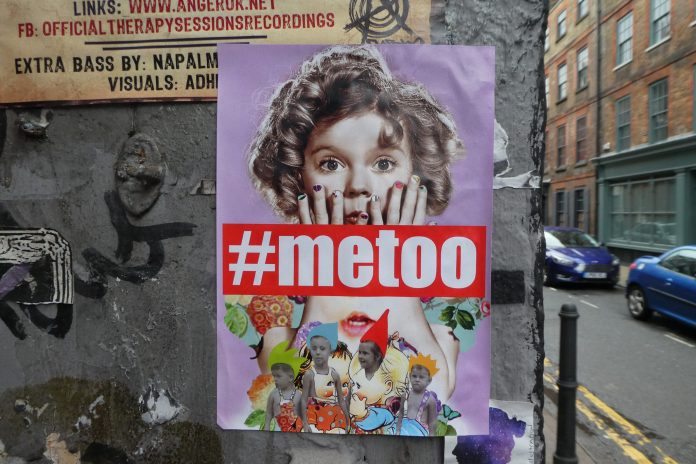Gender violence and discrimination, breaches of rule of law and hate speech were the main areas where fundamental rights were violated in the EU in 2017, MEPs say.
In a non-legislative resolution adopted on Monday with 31 votes to 13 and 1 abstention, the Civil Liberties Committee assesses the situation of fundamental rights in the EU in 2017 and denounces violations of women’s rights, rule of law, freedom of speech, minorities’ rights and migration.
Discrimination and violence against women
The text condemns all forms of violence against women and regrets that only 19 EU countries have ratified the Istanbul Convention on combating gender-based violence, urging the rest of them to ratify it “without delay”. MEPs also call on member states and EU institutions to commit and take further measures to tackle violence and discrimination against women.
They support the demonstrations claiming for women’s sexual and reproductive health rights that took place last year across the EU following the retrogressions in this field, as well as the mediatisation of sexual harassment cases through initiatives such as the #MeToo movement. Nonetheless, the resolution voices concern on the prevalence of these women’s rights violations in the EU, and notes the higher vulnerability of disabled and migrant women.
Rule of law
The Civil Liberties Committee strongly condemns the “efforts” in some EU countries to weaken the separation of powers and the independence of the judiciary, and denounce the EU institutions’ “ineffectiveness in putting an end to the serious and persistent breaches” of the Union’s values. Impartial, regular assessment on the evolution of rule of law based on objective criteria in all the member states is necessary, MEPs stress.
They warn about the threat that corruption poses for democracy, the rule of law and fundamental rights, and calls on member states and EU institutions to accelerate the establishment of the European Public Prosecutor’s Office. MEPs are also concerned about the impact of Brexit on the safeguarding of the freedom of movement and residence for EU citizens living in the UK and UK citizens living in the EU.
Freedom of speech
The text denounces the increasing restrictions to freedom of speech and freedom of assembly in the EU, and highlights the importance of whistleblowing as an element of investigative journalism and press freedom. MEPs express their deep concern over the threats, pressures and risk journalists face in the EU, that have even led them to assassination as in the case of the Maltese journalist Daphne Courana Galizia.
Rise of hate speech
They also underline the need to combat the rising of anti-Semitism and Islamophobia, as well as the persistent discrimination and stigmatisation against LGTBI and intersex people in the EU. MEPs regret that in 2017 “no major improvement” happened concerning integration and fundamental rights of Roma people.
Migration
The Committee urges the Council to put an end to the current blockage of the Dublin Regulation reform. It also points to violations of migrants and asylum seekers’ rights in some EU countries. MEPs encourage national authorities to support NGOs working in this field and to facilitate the granting of humanitarian visas to those seeking international protection.
“Although the EU Charter of Fundamental Rights sets out the basic rights that must be respected both by the EU and the member states, we continue to witness breaches and violations of their provisions. The concerns raised in many member states on the issue of the independence of the judiciary, the obstacles and criminalization to the work of the civil society or the backlashes in the field of civil liberties – especially those related with freedom of assembly and freedom of the press – must be urgently addressed,” said Josep-Maria Terricabras (Greens/EFA, ES), rapporteur for the resolution.
The resolution will be put to a vote by the full House during the January plenary session, in Strasbourg.

